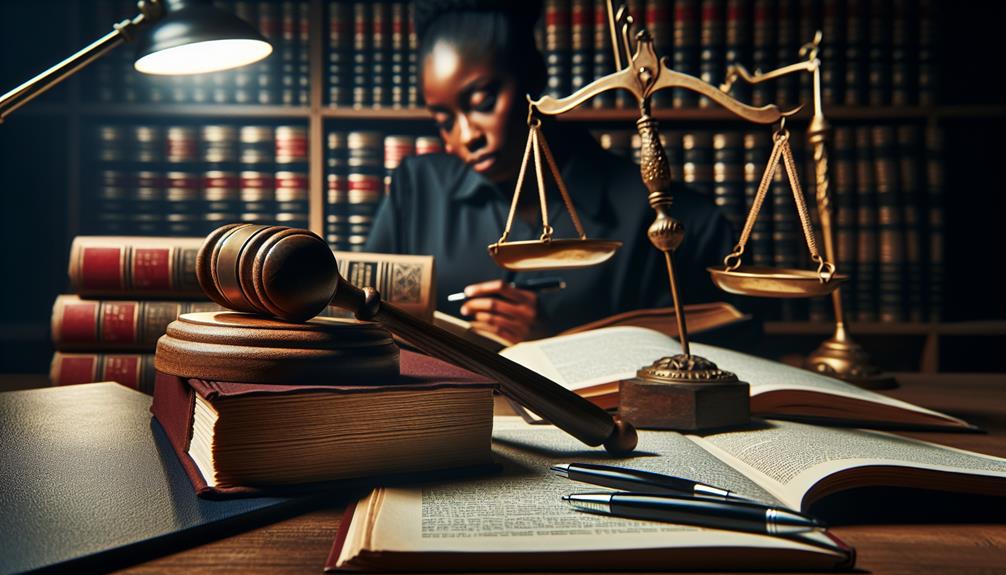What does hazard mean in the legal space?What does hazard mean in the legal space?
What Does Hazard Mean in the Legal Space?
In the legal context, a “hazard” refers to a potential source of harm or an event that may cause injury, damage, or loss. According to the Munley Law Glossary, hazards can arise in various situations, including personal injury cases, property law, and insurance claims. Understanding what constitutes a hazard is crucial for identifying liability and assessing risk in both civil and criminal law.
Types of Hazards
Hazards can be categorized into several types, each relevant in different legal contexts:
Physical Hazards: These include tangible elements in the environment that can cause injury or damage. Examples include:
- Unsafe Conditions: Such as wet floors, exposed electrical wires, or Construction debris that can lead to slips, trips, and falls.
- Structural Issues: Deteriorating buildings, faulty construction, or improperly maintained facilities pose risks to occupants and visitors.
Chemical Hazards: These refer to substances that can cause harm through exposure, including:
- Toxic Chemicals: Harmful substances found in workplaces, homes, or natural environments, such as asbestos, lead, or hazardous waste.
- Flammable Materials: Chemicals that can ignite and cause fires, leading to property damage and personal injuries.
Biological Hazards: These encompass organisms or substances produced by living organisms that can pose risks to human health. Examples include:
- Pathogens: Bacteria, viruses, and other microorganisms that can cause illness.
- Molds and Allergens: Substances that may trigger allergic reactions or respiratory issues.
Ergonomic Hazards: These are related to workplace design and can lead to musculoskeletal injuries. Examples include:
- Poorly Designed Workstations: Inadequate seating, improper desk heights, and lack of ergonomic tools can lead to repetitive strain injuries.
Psychosocial Hazards: These involve factors that can cause psychological harm or stress. Examples include:
- Workplace Bullying: Negative interactions among employees that can lead to mental health issues.
- Excessive Workloads: High levels of stress resulting from unrealistic expectations can lead to burnout and associated health problems.
Legal Implications of Hazards
In legal terms, identifying and proving the existence of a hazard is crucial in establishing liability in personal injury and negligence cases. Here’s how hazards typically play a role in legal proceedings:
Establishing Negligence: In personal injury claims, the presence of a hazard can help demonstrate that a property owner, employer, or another party failed to maintain a safe environment. To prove negligence, the injured party must show that:
- A hazard existed.
- The responsible party knew or should have known about the hazard.
- The hazard led to the injury or damage sustained.
Insurance Claims: Hazards are often a focal point in insurance claims, particularly in property damage cases. Insurers may evaluate whether a hazard contributed to the loss and determine the extent of coverage based on the presence of such risks.
Regulatory Compliance: Various laws and regulations require businesses and property owners to identify and mitigate hazards to protect public safety. Failure to comply with these regulations can lead to legal actions, fines, and increased liability.
Preventing Hazards
Addressing hazards before they lead to injuries or damages is essential for legal and safety reasons. Here are some common strategies for hazard prevention:
Regular Inspections: Conducting routine inspections of premises can help identify potential hazards and facilitate timely repairs or modifications.
Training Programs: Educating employees about recognizing and mitigating hazards is vital. This includes proper handling of chemicals, safe lifting techniques, and the importance of reporting unsafe conditions.
Clear Policies and Procedures: Establishing clear protocols for addressing hazards can create a safer environment. This includes having emergency procedures in place and ensuring that all employees understand their responsibilities.
Investing in Safety Equipment: Providing necessary safety gear, such as helmets, gloves, and masks, can help minimize risks in hazardous environments.
A “hazard” in the legal space signifies a potential source of harm or risk that can lead to injury, damage, or loss. Defined by the Munley Law Glossary, understanding the various types of hazards is crucial for establishing liability and ensuring safety. Whether in personal injury claims, insurance disputes, or workplace safety regulations, identifying and addressing hazards plays a pivotal role in legal outcomes. By recognizing the significance of hazards and implementing preventive measures, individuals and organizations can protect themselves from legal repercussions and contribute to a safer environment for all.
